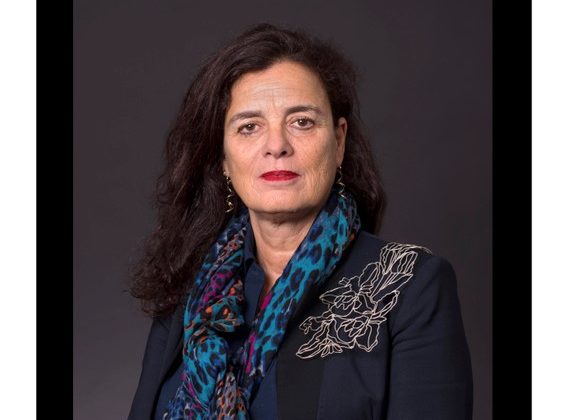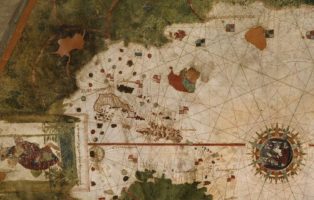Two Worlds: the Interplay of Cultures and Technologies
The two key questions are:
1) What were the immediate, and the lasting, effects of colonial encounters on indigenous cultures and societies across the world, and what were the intercultural dynamics that took place during these infamous colonization processes?
2) How can the study of indigenous histories contribute to a more sophisticated awareness in the present, and how can it speak to multiple and perhaps competing stakeholders at local, regional, pan-regional, and global scales?
Project Description
The Spanish conquest of the Americas represents a landmark in global history. The indigenous Caribbean, the first that was impacted by this process in 1492, was suddenly and dramatically transformed. The indigenous voice, however, remains marginalised in colonial and post-colonial historiographies and in traditional narratives of colonisation. Following my current research financed by the European Research Council (ERC-synergy project NEXUS1492) on the first inter-cultural encounters in the Caribbean, I propose to expand in space and time as well as in method and technique development. I am particularly thinking of developing a comparative approach by looking at the deep histories of West Africa, and the Pacific where similar processes of exploitation, domination and neglect have taken place as documented for the Caribbean. The archaeological record is perfectly suited to provide completely novel insights into these infamous histories by uncovering the indigenous perspectives hitherto biased by still dominant Eurocentric viewpoints.
This project wants to explore, in a comparative way, the transformations and responses of indigenous societies around the world to changing cultural, social, economic and political environments triggered by colonialism. Archaeological data forms the backbone; the indigenous perspective is the hallmark. The two key questions that will be addressed are: 1) What were the immediate, and the lasting, effects of colonial encounters on indigenous cultures and societies across the world, and what were the intercultural dynamics that took place during these infamous colonization processes? 2) How can the study of indigenous histories contribute to a more sophisticated awareness in the present, and how can it speak to multiple and perhaps competing stakeholders at local, regional, pan-regional, and global scales?
Selected Publications
Hofman, C.L., Ulloa Hung J., Herrera Maletesta E.N., Jean J.S. & Hoogland M.L.P.
2018 Indigenous Caribbean perspectives. Archaeologies and legacies of the first colonized region in the New World? In Antiquity, Antiquity Publications Limited, Durham.
Keegan, W.F. & Hofman C.L.,
2017 The Caribbean before Columbus. Oxford University Press.
Hofman, C.L., Hoogland M.L.P. & Gijn A.L. van (eds.)
2008 Crossing the borders. New methods and techniques in the study of archaeological materials from the Caribbean. Tuscaloosa: University of Alabama Press.

